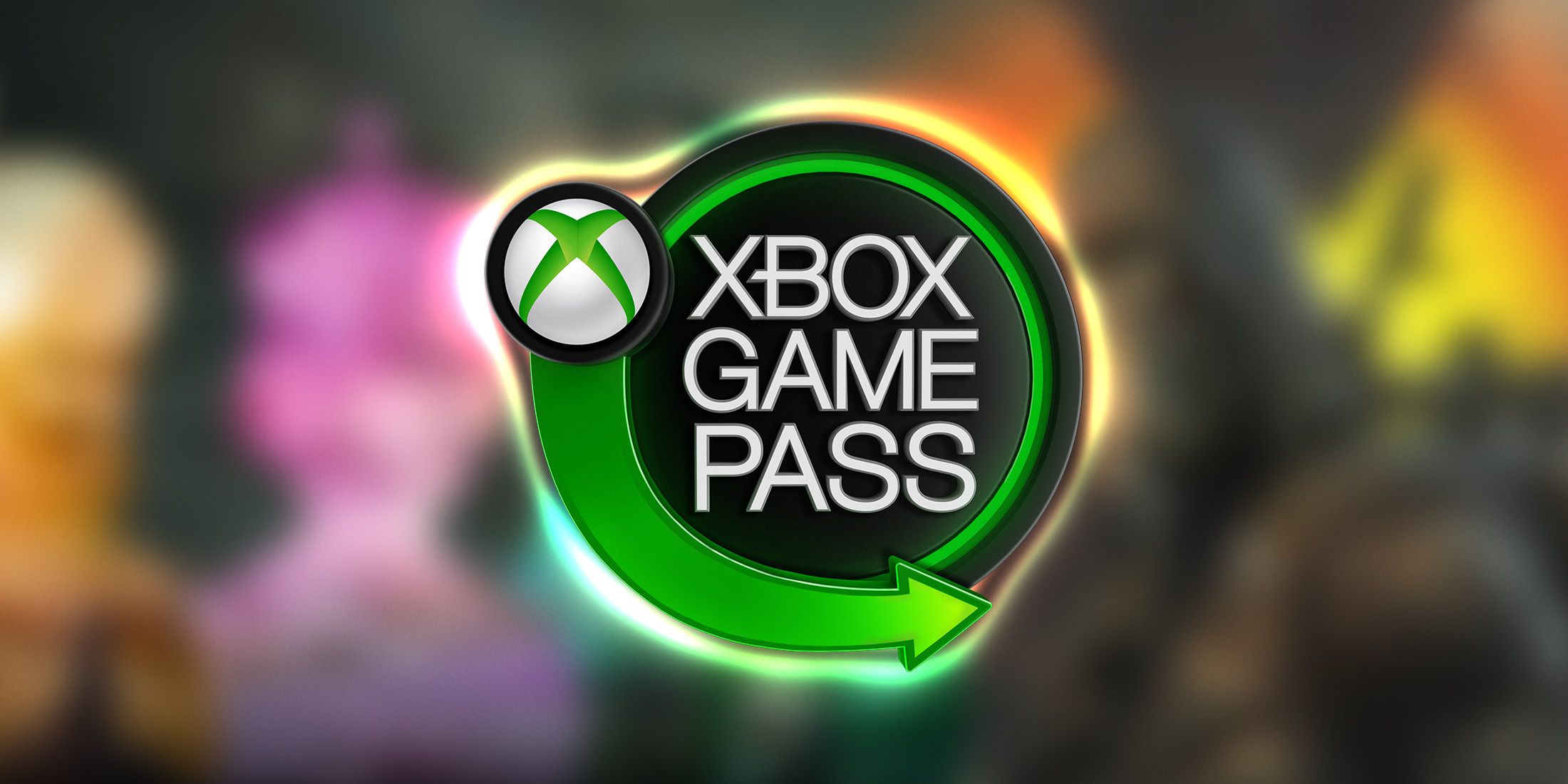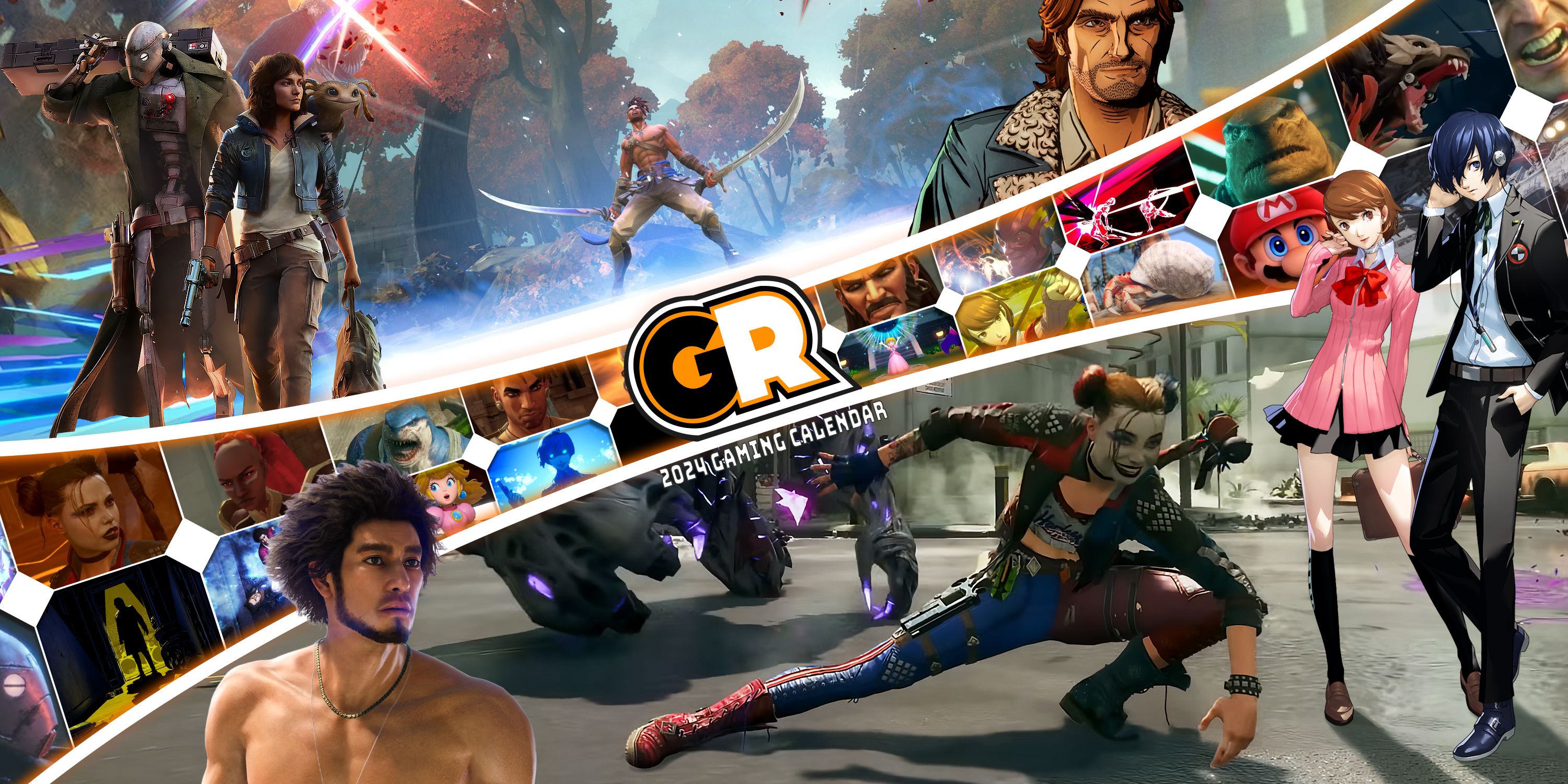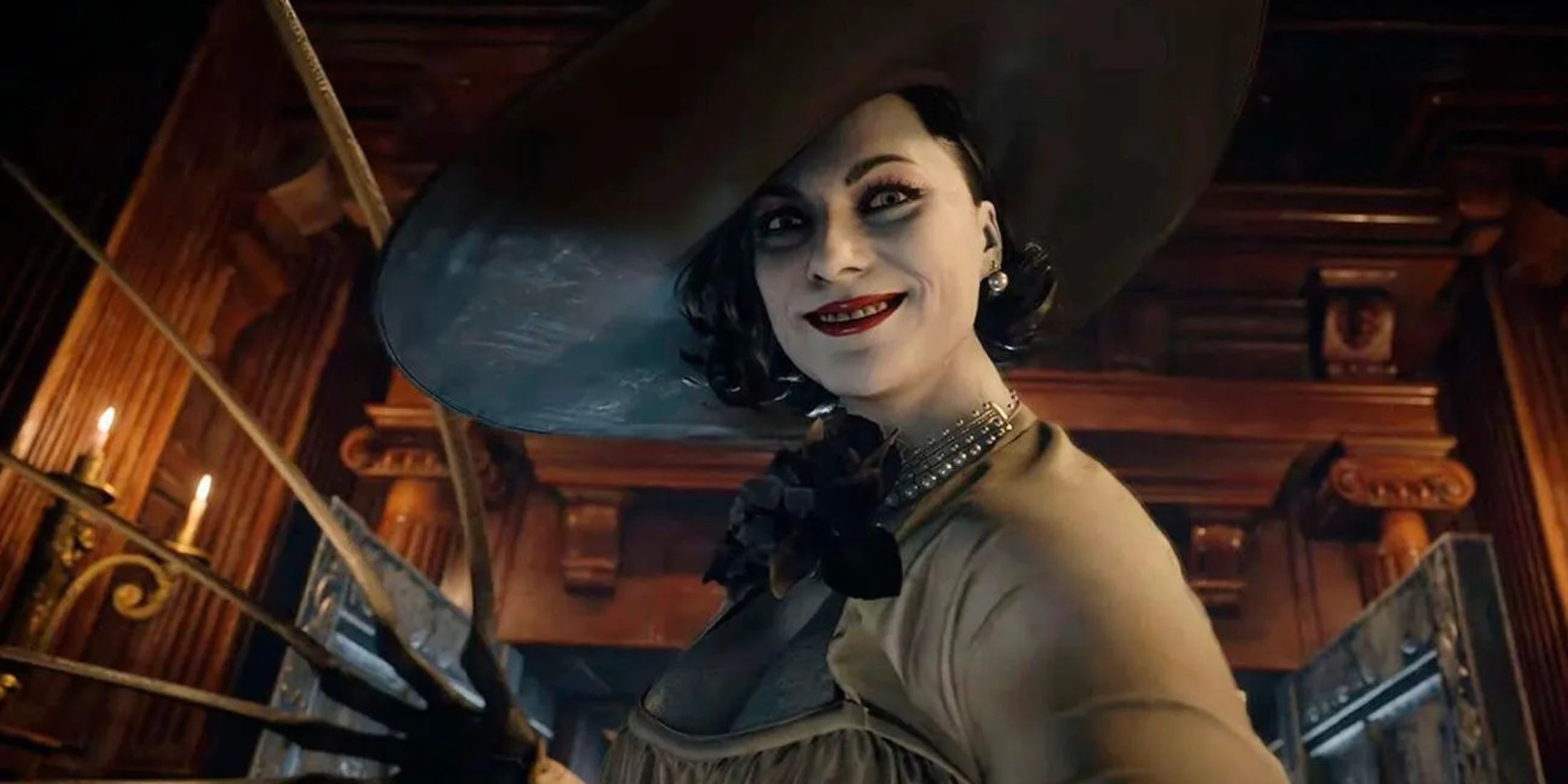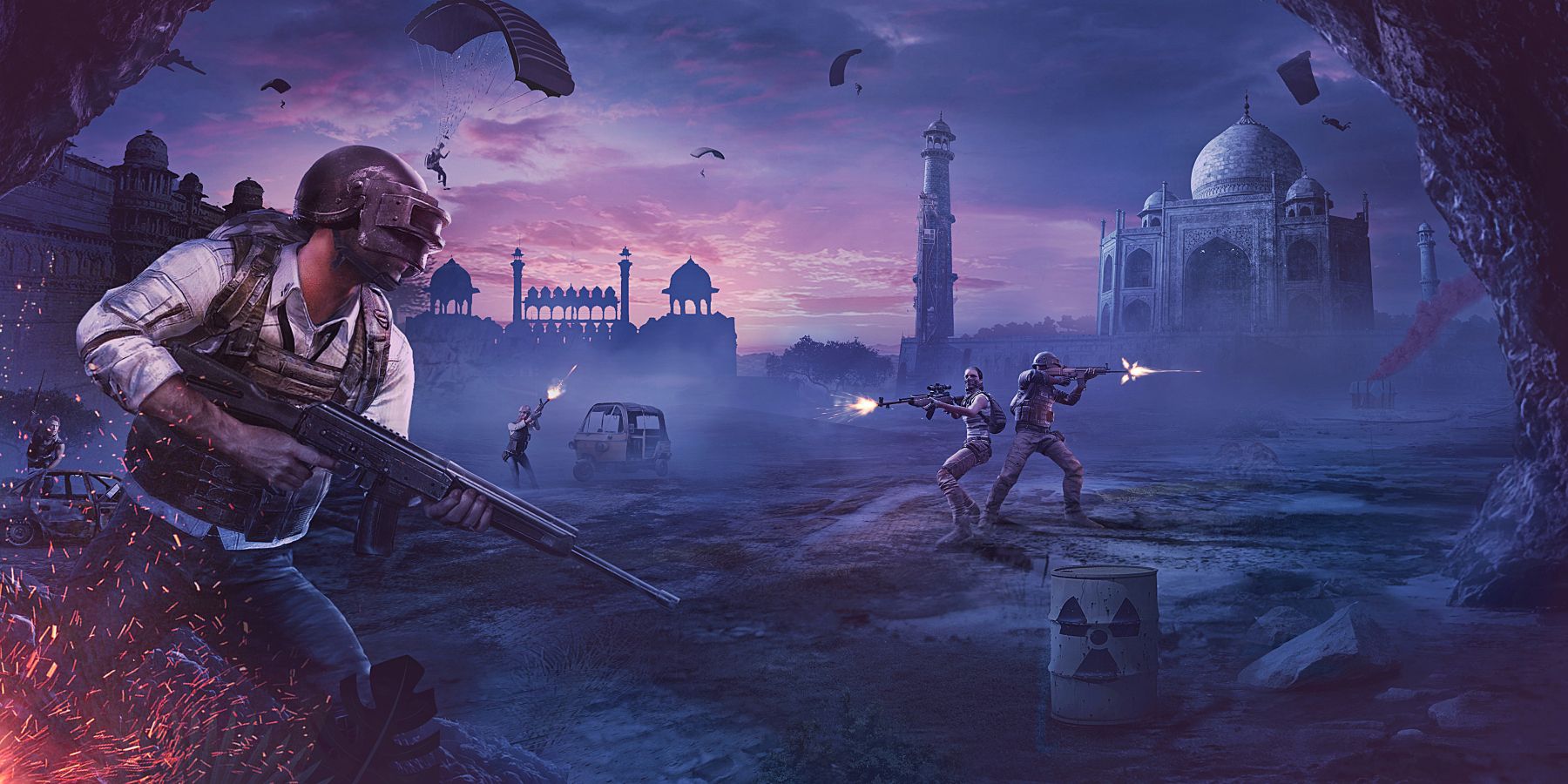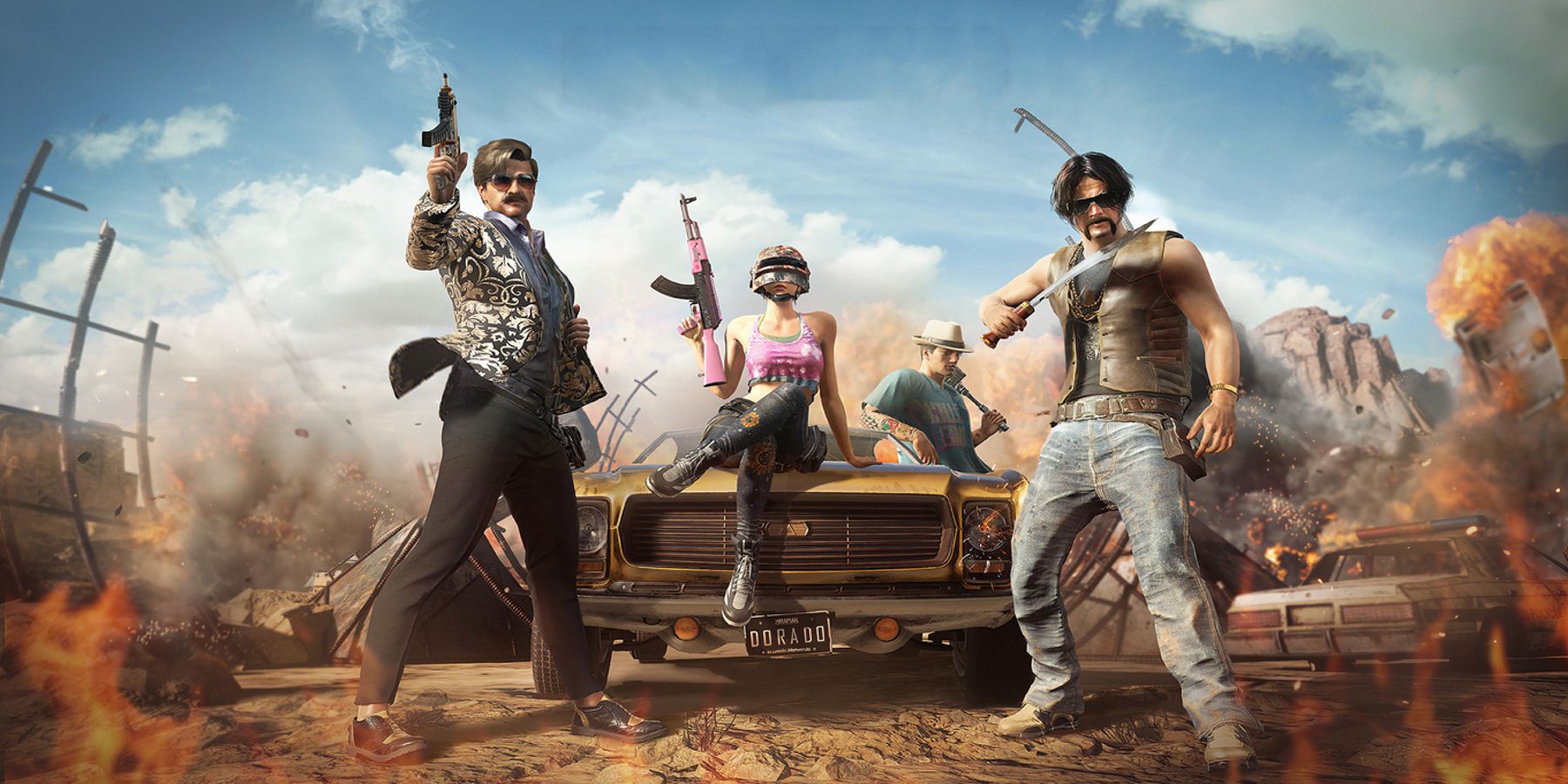A collection of Indian developers and esports outfits are protesting a government measure that would subject the video game industry to the same laws as the gambling industry in India. Indie game developer Outlier Games is spearheading the initiative alongside several other smaller-scale development studios who fear that inappropriate restrictions may hinder more than help. While it’s true that multiple countries have investigated the implementation of things like loot boxes in the past, very few regulate them as harshly as the Indian government would were this law to go into effect.
Of course, the loot box craze instigated by mid-2010s titles like Overwatch and Call of Duty: Black Ops 3 has largely passed, but many feel that government intervention is still necessary to prevent large companies from preying on young, vulnerable players. However, were gambling and gaming to be merged in the eyes of the law in India, it could mean that younger audiences would be banned from participating in the medium. The country also has a history of outright banning some games; PlayerUnknown’s Battlegrounds was banned two separate times in India in 2020 and 2022.
The unintended consequence of strict regulation would be the near-dissolution of the Indian video game development industry. Were younger audiences barred from gaming as a result of the industry’s association with gambling, it could have a very serious impact on all developers, though indie game studios like Outlier Games would certainly be most affected. The studio and its cohorts made this known in a letter of protest sent to the Indian government, specifically stating that “...it is neither accurate nor fair for the two to be clubbed together under the same regulatory framework.”
A proposed solution would see India establishing its own ratings board akin to the PEGI system in the EU or the ESRB system in North America. This can help to provide a clearer delineation between games meant for younger audiences and games meant for older players that include gambling with real-world money. Still, gambling occasionally crops up in the gaming space in other ways. The Twitch gambling meta scandal was one of the biggest gaming controversies of 2022, and instances such as these could sway the decision-making of India’s governing body.
It’s also worth noting that the PEGI and ESRB systems aren’t without flaw, either. In particular, the ESRB system only addressed the rise of loot boxes and gambling in games in 2020, several years after the issue first arose. Additionally, industry-imposed ratings scales typically aren’t backed by local governments, meaning that there could still be room for a significant rift between the interests of the industry and the will of the Indian government were such a system to be put in place.
Source: GamesIndustry.biz

